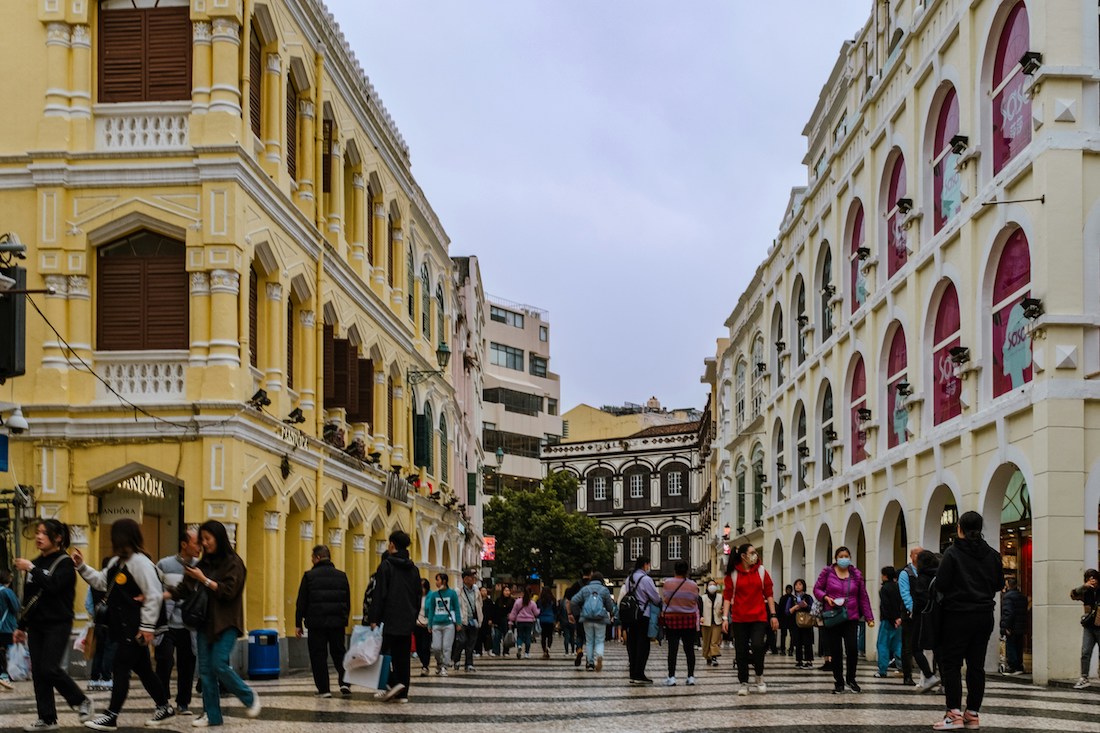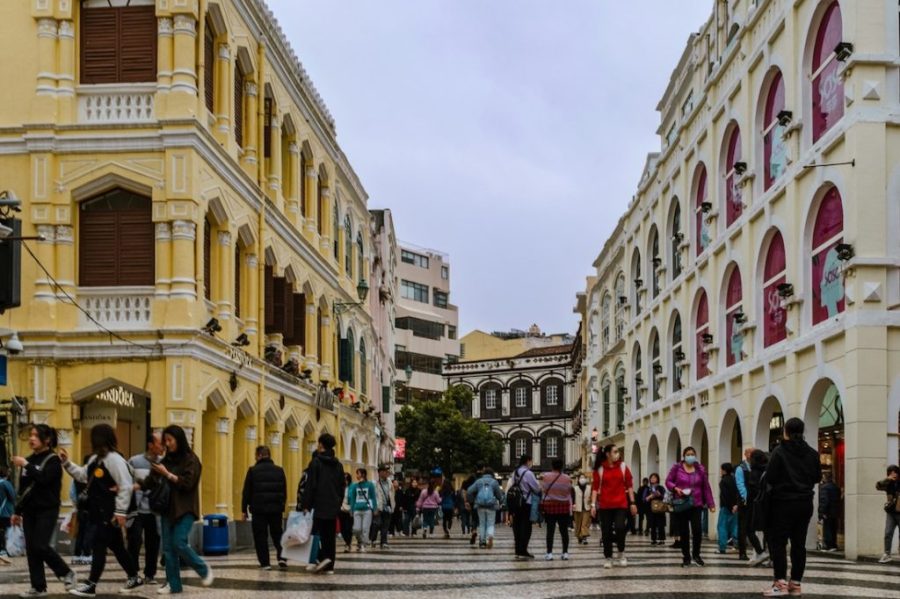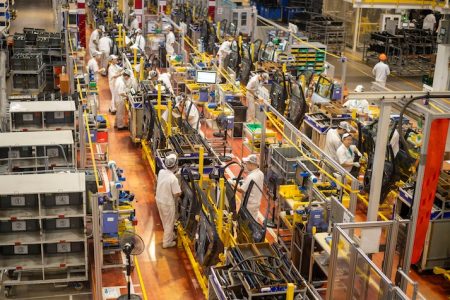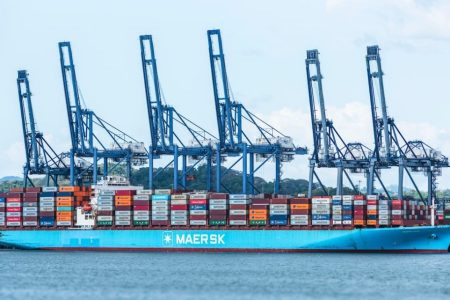China’s Individual Visit Scheme (IVS) is no longer the boon for Macao’s luxury market it once was, according to observers who spoke to Asia Gaming Brief. They said the decline was due to the mainland’s struggling economy, structural changes in consumer behaviour and the government’s crackdown on VIP gaming.
Johnson Ian, president of the Synergy of Macao political party, said companies that had been profiting off high-end consumers – many of whom travelled to the SAR under the IVS – “have no choice but to adapt”.
Launched in 2003, shortly after the liberalisation of Macao’s gaming industry, the scheme enabled wealthy mainlanders to travel to the city every few months to splash out on its casinos, luxury international retail outlets and high-end restaurants. China’s then strong economy buoyed the influx of discretionary spenders looking to engage in consumption culture.
[See more: More Chinese nationals are opting to buy luxury goods offshore, study finds]
“However, a shift in the economic landscape, especially in China, has caused these benefits to dwindle,” Ian told Asia Gaming Brief. “We’re seeing a shift towards affordable luxury, where consumers opt for local brands that offer similar products at a fraction of the price.”
Sluggish sales at luxury T Galleria stores, operated by DFS Group, at Macao’s integrated resorts underline the shift. These have caused salary cuts for frontline staff and [prompted the company to ask staff to take unpaid leave.
Ian also noted that Macao faced increasing competition due to the easing of visa requirements for Chinese nationals travelling to Europe and elsewhere. Hainan island, the so-called “Hawaii of China,” is also pushing to become a duty-free zone.
[See more: These are the trends shaping global travel in 2024]
The president of the Macau Responsible Gaming Association, Billy Song, attributed much of the decline in Macao’s luxury market to the government’s crackdown on VIP gaming and the associated demise of junket operators (who traditionally brought the biggest spenders to Macao from the mainland).
He told Asia Gaming Brief that the new wave of visitors opted for shorter, cheaper stays and more experience-focused activities. Song said he believed Macao needed to market itself better to affluent tourists from beyond mainland China and move away from its reliance on the IVS.






